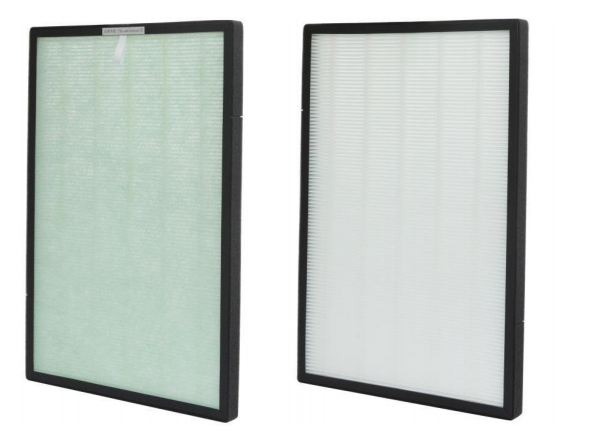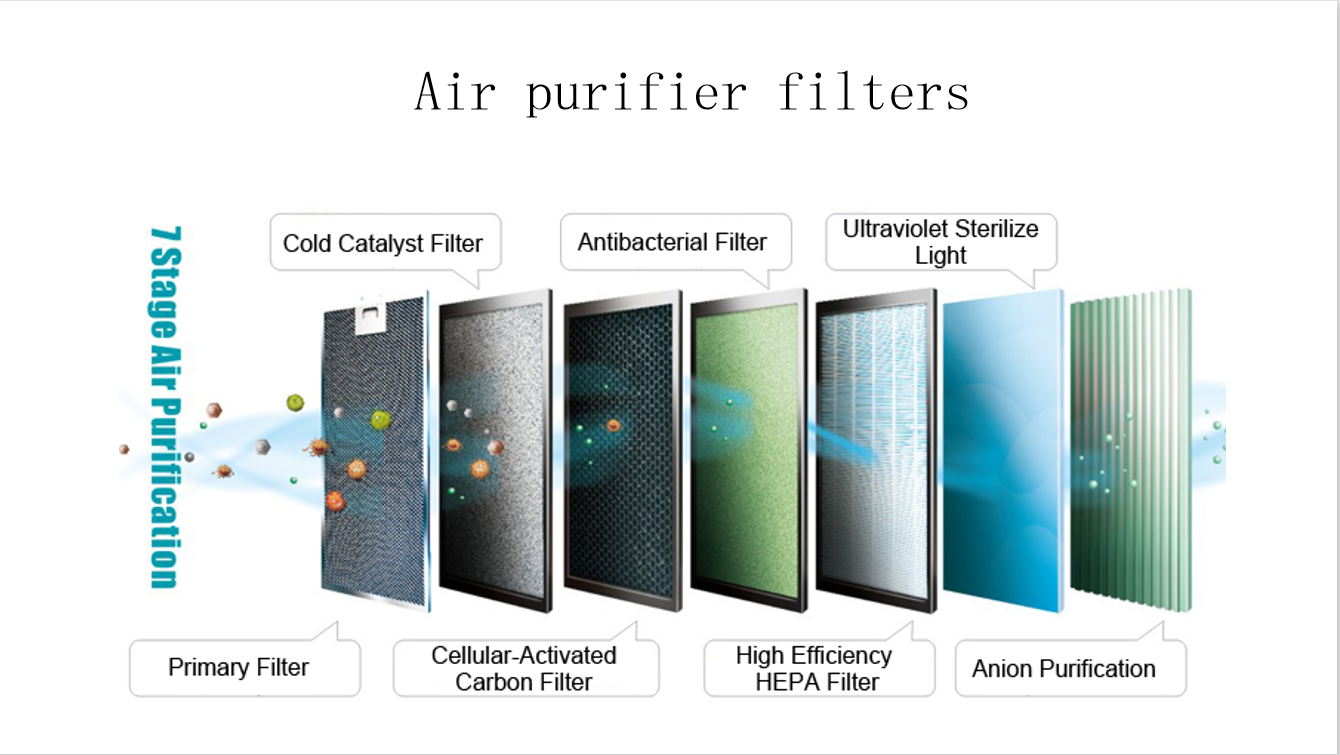What is HEPA filter? #HEPAfilter
What is HEPA filter?
High efficiency particulate air (HEPA),originally called high-efficiency particulate absorber but also sometimes called high-efficiency particulate arresting or high-efficiency particulate arrestance, is a type of air filter. Filters meeting the HEPA standard have many applications, including use in clean rooms for IC fabrication, medical facilities, automobiles, aircraft and homes.
To qualify as HEPA by industry standards, an air filter must remove (from the air that passes through) 99.97% of particles that have a size greater-than-or-equal-to 0.3 μm.
HEPA was commercialized in the 1950s, and the original term became a registered trademark and later a generic term for highly efficient filters.
HEPA filters, as defined by the United States Department of Energy (DOE) standard adopted by most American industries, remove at least 99.97% of airborne particles 0.3 micrometers (μm) in diameter. The filter’s minimal resistance to airflow, or pressure drop, is usually specified around 300 pascals (0.044 psi) at its nominal volumetric flow rate.
The specification usually used in the European Union is the European Norm EN 1822:2009. It defines several classes of HEPA filters by their retention at the given most penetrating particle size (MPPS):
To qualify as HEPA by industry standards, an air filter must remove (from the air that passes through) 99.97% of particles that have a size greater-than-or-equal-to 0.3 μm.
HEPA was commercialized in the 1950s, and the original term became a registered trademark and later a generic term for highly efficient filters.
HEPA filters, as defined by the United States Department of Energy (DOE) standard adopted by most American industries, remove at least 99.97% of airborne particles 0.3 micrometers (μm) in diameter. The filter’s minimal resistance to airflow, or pressure drop, is usually specified around 300 pascals (0.044 psi) at its nominal volumetric flow rate.
The specification usually used in the European Union is the European Norm EN 1822:2009. It defines several classes of HEPA filters by their retention at the given most penetrating particle size (MPPS):


.jpg)


评论
发表评论